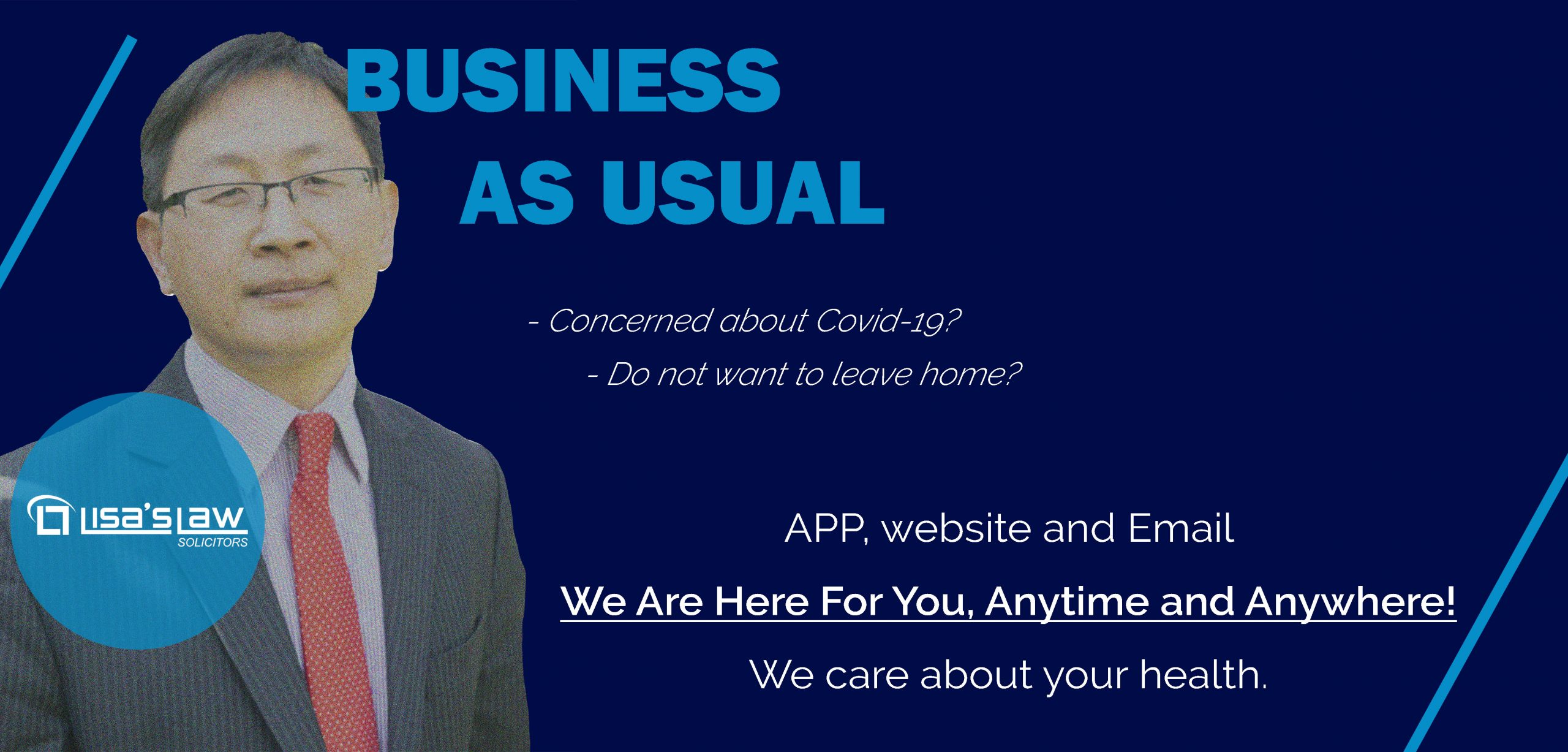New legal guidance regarding working with children during the Coronavirus pandemic has been released by The Children and Family Court Advisory and Support Service (Cafcass).
What do Cafcass do, exactly?
Cafcass represents children in family court cases in England. They advise courts about the best interests of children and help the voices of young people be heard during legal proceedings.
Their main concerns lies with ensuring children’s welfare is treated as a top priority. They are often asked by the court to work with certain families and then advise the court on what they believe to be the best interests of the children. They cover three main areas:
- divorce and separation involving issues where parents or carers are unable to agree on arrangements for their children
- care proceedings, sometimes referred to as ‘public law’, where social services have serious concerns about the safety or wellbeing of a child
- adoption
You can check out their website here: https://www.cafcass.gov.uk/
What does their guidance say?
According to Cafcass, they have received the highest volume of case work in their history over the course of 2020. The problems attached to COVID-19 have trickled down to the family courts, creating a large amount of cases which cannot be handled as efficiently as they normally would be, due to all the restrictions that have affected court proceedings.
The guidance aims to provide clarity on when staff should have direct contact with children and families, what support is available to the caseworkers, how office based work should proceed and how court attendance should be handled. All this needs to be in line with COVID-19 safety guidelines.
Direct contact with children and families
Each case will come with its own set of circumstances and the necessity of direct contact will be assessed on a case by case basis. The expressed preferences of the families concerned will be taken into consideration. Seeing a child and their family in person is usually the most desirable option but there are some things which must be taken into consideration before such plans are made.
For example, if seeing one child in person will detract from time spent on other cases, it may be worth reassessing in order to find a more even way to split the time, so that no favouritism is shown.
The guidance states that:
“A combination of both professional judgement, and negotiation with children and their families will be used to inform the decision about how children are seen and as a result, how best to understand their experiences, needs, wishes and feelings in a timeframe which is in their best interests.”
In layman’s terms, communication with the family is key and the decision to move ahead with direct contact must be an informed one. The choice must be made based on information previously gained.
Also, if the caseworker falls into a category which makes them more vulnerable to catching or being seriously affected by COVID-19, then it is unlikely that they will be permitted to carry out face to face meetings.
Safety considerations while working with children
If the family members, children, or caseworkers are worried about the effects of Coronavirus then video-communications should be used in place of direct contact wherever possible. Where direct contact is preferred, face masks will be worn, hand sanitizer used and where possible the 2m social distance rule should be observed.
Office based work and meetings
All Cafcass offices are planned to re-open at the end of November 2020. The following guidelines have been issued for people visiting the offices in order to keep staff and clients as safe as possible:
- Do not arrive any more than five minutes before your meeting is due to begin;
- Cafcass recommend that, where possible, you make alternative arrangements for the care of your child/children if they do not need to be seen. They also request adult parties attend their appointments alone, if possible. This is to reduce footfall in their offices.
- If your child/children are being seen it is encouraged that they bring any toys or items to keep them occupied with you as at present the offices do not have toys available due to cleaning and hygiene regimes;
- It is advised that where possible people bring any refreshments they may require with you, again to stop the use of cups which may not be sanitary;
- Upon arriving at the Cafcass office, clients will be asked to follow some simple Covid-secure procedures. This will involve;
- sanitising your hands using the station we have provided for you
- confirming your details, so that they can book you in for your appointment at reception.
- You will also be guided to use the office space securely following the clear signs and floor markers in place to ensure we always maintain social distancing measures for everyone’s safety.
Attending court
The courts are now open and have completed the appropriate risk assessments. Hearings that cannot be heard by video or telephone and which cannot be delayed will be held in a priority court and tribunal building.
Currently, there is significant use of hybrid hearings where the parents or other family members attend in person together with their advocates, while the guardian, social workers and other experts attend remotely.
There have been some delays in court proceedings due to COVID-19, whereby the processing of applications can take longer than usual.
Ultimately, the decision whether to hold a hearing remotely is one for the judge in each circumstance.
What do we think?
It is good to see Cafcass being proactive in releasing this guidance, as the work they do is of vital importance. The clearest part of this guidance, in our opinion, is the rules surrounding visits to their offices, as there is a useful practicality about them.
The rules surrounding direct contact do seem somewhat vague, and essentially are laid out as a reliance on the professionalism of the case worker to decide whether or not to meet children and families directly based on evidence they procure. This is acceptable, but it would be more beneficial to see some tangible guidance here, with some key focus areas. Although, as the cases will vary greatly from one to the next, we can understand that this could be a challenge to put into writing.
We of course sympathise with all the added pressure on the Cafcass staff, as the Coronavirus pandemic has brought with is unprecedented challenges. As legal practitioners ourselves, we understand the need to work together to do what is best for the client during these times.
Have questions? We are open as usual!
We are open as usual throughout lockdown! We are ready to provide you with a fantastic legal service and there are many ways for you to contact us!
Call us on 020 7928 0276, phone calls are operating as usual and will be taking calls from 9:30am to 6:00pm.
Email us on info@lisaslaw.co.uk. Our caseworkers are tending to their cases with the same professionalism and efficiency as always.
Use the Ask Lisa function on our website. Simply enter your details and leave a message, we will get right back to you: https://lisaslaw.co.uk/ask-question/
Or, download our free app! You can launch an enquiry, scan over documents, check progress on your case and much more!
Links to download below:
iPhone: https://apps.apple.com/us/app/lisas-law/id1503174541?ls=1
Android: https://play.google.com/store/apps/details?id=com.lisaslaw







